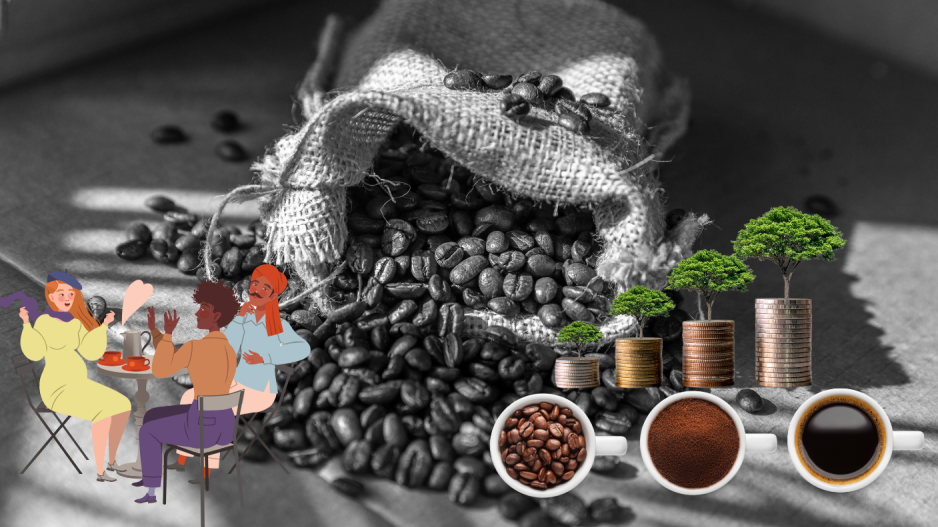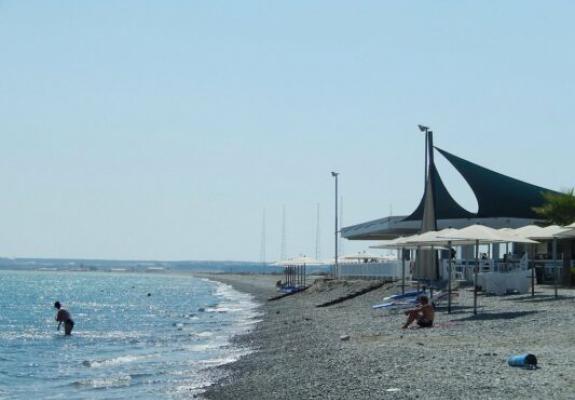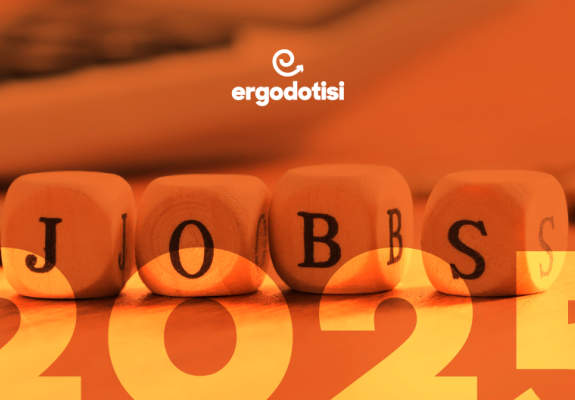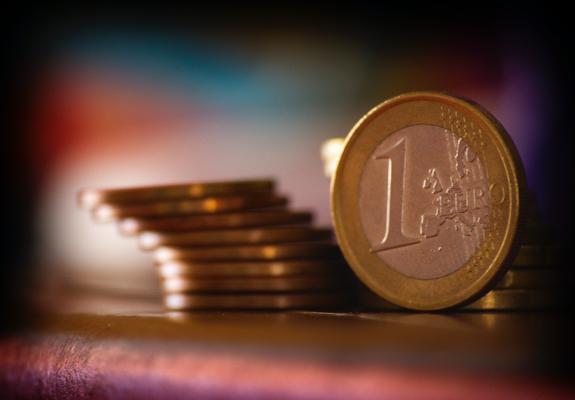Cyprus' Coffee Addiction and its Impact on the Island's Economy
Coffee is one of the most beloved beverages around the world. From its energizing properties to its rich, comforting taste, it has become a staple of daily life for many people. Aside from its inherent energy boosting traits, Harvard University found a link between a moderate consumption of coffee (3 cups per day) and a reduced risk of cardiovascular disease by 21%, as opposed to non-coffee drinkers. It's no wonder that coffee is one of the most traded commodities in the world, with an estimated $36 billion in world trade in 2021, reaching nearly $127 billion market value in 2022.
Cyprus has a thriving coffee culture. The island nation is home to a growing number of coffee shops, with a variety of local and international chains competing for business. To add some perspective, 77% of the 73 building permits granted in early 2022 went to restaurants, coffee shops, and bars, all of which serve coffee. In the same year, an IBIS World study highlighted that Cyprus’ restaurant and takeaway revenue growth outperformed that of Europe by nearly 30%. Revenue in Cyprus’ coffee segment accumulated to $537 million, the majority of which is attributed to the island’s love for roast coffee, as opposed to instant coffee.
Throughout Cyprus’ long history, Cypriot coffee (or Lebanese, or Turkish, or Greek, they are all prepared in nearly identical fashion) made with ground coffee, heated in a small, typically bronze pot called a briki, has been a staple drink. Despite its shared traits with neighboring countries, Cyprus coffee has been listed as an Intangible Cultural Heritage of Cyprus by UNESCO.
Cypriots are known to have a laid-back approach to life where they make time to enjoy life’s simple offerings. As opposed to a quick Italian espresso dash, or a New York City coffee run, part of Cypriot culture involves meeting with friends and family at coffee shops, where it almost resembles a sort of meeting ritual throughout the week.
For example, on the corner of one of Nicosia’s busiest streets is a very large Starbucks coffee shop tailored to the local’s way of life. Traditional coffee shops in Cyprus, locally referred to as a ‘kafenion’, are more than just places to grab a drink. They serve as social hubs where people come to relax, catch up with friends, and enjoy a sense of community.
Prior to coffee shop franchises running rampant across the island, Cyprus was home to traditional coffee shops, or ‘kafenia’, which were once used as visual representation of the island. A 2010 study authored by Evi Eftychiou and Nicos Philippou of the University of Nicosia provides detailed accounts, rhetorics, and an in-depth analysis of the impact of coffee shops on the island’s political and social spheres.
The study notes that the romanticized coffee shops of Cyprus depicting a rural, nationalistic aesthetic, denoted as traditional Cypriot coffee shops, are an invented tradition and a cultural product of modernity, hinting at the relationship between traditional coffee shops and tourism. Despite their findings stating that “traditional coffee shops are paradoxically products of modernity by definition”, the Cypriot culture of connecting at coffee shops and ‘kafenia’ remains strong to this day.
Despite the popularity of coffee in Cyprus, the industry faces challenges shared with the rest of the world. The core issues refer to climate change influencing the supply of the brew, and the rising cost of coffee despite recent dips in coffee bean production. Benedict Smith of Coffee Intelligence notes that “prices nearly doubled in February [2022], following poor weather conditions in Brazil, globally supply chain turmoil, and rising demand. The outbreak of war in Ukraine only added to the pressures, at one point raising concerns that stockpiles would start to dwindle and driving up the price of robusta in turn.”
The rising cost of coffee beans can be attributed to factors including climate change and unstable market conditions. In addition, competition from international chains can make it difficult for local businesses to stand out and attract customers.
However, there are also opportunities for growth and innovation in the industry. Many coffee shops are focusing on sustainability and ethical sourcing, which can help attract environmentally-conscious consumers.
The main concerns in the coffee industry today are that coffee farmers throughout the industry’s supply chain are subject to unfair rewards for their labor, and the unsustainable production methods plaguing the industry. Deforestation, high usage of water and energy resources, erosion, and the water-intensive processes of coffee production have long been scrutinized.
To combat the industry’s challenges, some solutions have been suggested including lab-grown coffee and using the blockchain to track and trace coffee brews to ensure that your cups of coffee are being served from sustainable and fair coffee bean producers.
Lab-grown coffee implies a more environmentally-friendly production process whereby temperature, light, and oxygen conditions are continuously monitored and optimized. Additionally, by tracking and tracing the origins of people’s coffees, the industry will become more transparent and likely garner people’s trust in the ethical production of one of the world’s favorite drinks. From traditional ‘kafenia’, to international coffee chains, it is clear that Cyprus’ passion for coffee will likely never subside. Cyprus’ culture in using coffee shops as social hubs is a testament to the drink’s long-standing history in the island. The historical briki-made coffees found in local’s homes and ‘kafenia’ is not only a tourist favorite, but a staple in local’s diet and traditions. It is clear that coffee not only plays a major societal and cultural role, but it also contributes to the island’s economy to the extent that it generates over half of one billion euros in revenue. However, as Cyprus is ranked as the 68th largest coffee importer globally, it must align itself with global efforts in ensuring the sustainable and ethical production of coffee.






